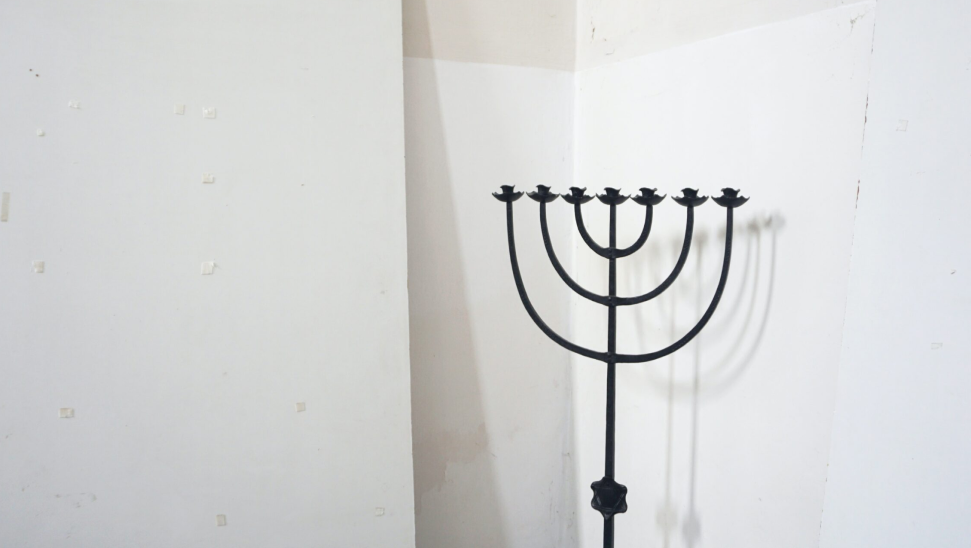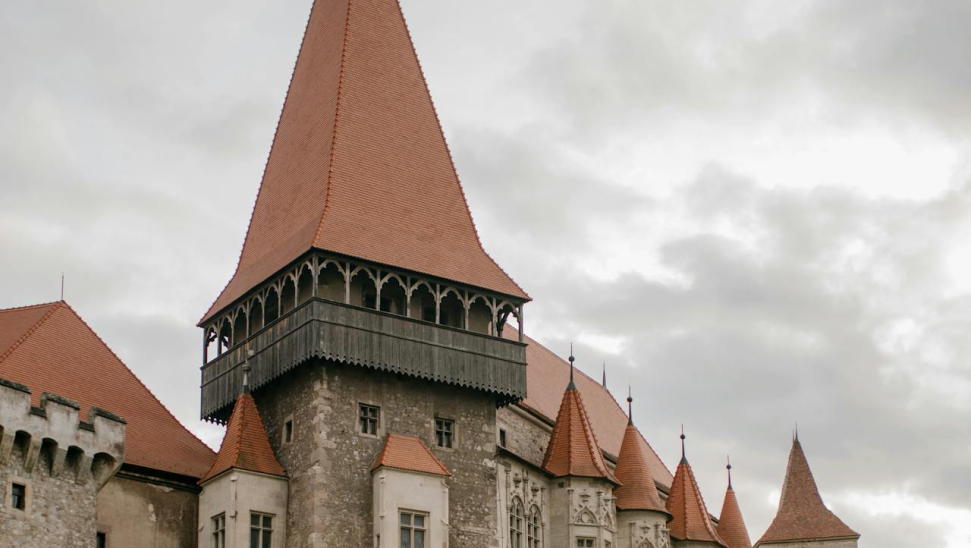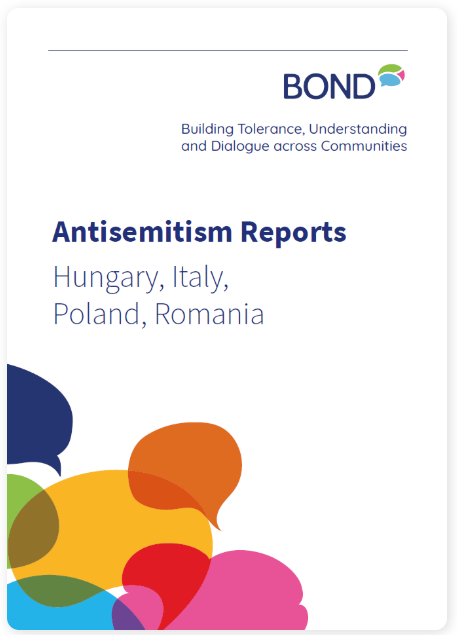
A brief overview of the current situation of Jewish communities in Italy
Italian Jews are a small and scattered minority in the country; however, they do have a strong identity which they tend to conceal for various reasons. The desk and field research report for Italy gives a deeper insight into how stereotypes and prejudices fuel anti-Jewish sentiment in the country and how education may help to promote dialogue and respect for diversity.
Background
About 21 Jewish communities are registered in the country, which results to less then 30,000 out of a population of 57 million. Half of them live in Rome and less than 10,000 in Milan. The others are scattered in Communities, defined as ‘medium’ such as those in Turin, Florence, Trieste, Livorno or Venice.
A focus group conducted with the Union of Young Italian Jews revealed the presence of a strong ethnic, religious and cultural identity and the desire to preserve it within Italian society, which is not perceived as hostile but as second to Jewish identity. Despite this, there is a tendency among these young people to conceal their identity for various reasons, such as the shame of their Jewish affiliation, the avoidance of the attention and curiosity of others about their origins, and their religious and cultural customs.
The interviews with First Line Practitioners (FLPS) showed that:
Young Italians know few things about Judaism and most of them don’t know a Jew personally
Most young people associate Jews with the state of Israel and they only have partial knowledge of the history of Jewish people, based on what they have studied at school
The topics that arouse most interest in young people are related to antisemitism and the psychological mechanisms that determine the emergence of prejudice
The interviews with leaders of ethnic and religious minorities and leaders of minority communities showed, that their relationship with the various Italian Jewish communities is almost non-existent due to the small number of Jewish citizens present on Italian territory and in the urban realities in which they reside and operate. The interviewees show that they have only theoretical knowledge acquired at school or through personal readings, but they do not mention any direct experience of Judaism, except in the case of the contact person for interreligious dialogue who, due to their role, took part in initiatives and cultural events of some Jewish communities, such as those in Rome or Milan.
Main characteristics of Jewish social, political, economic, religious and cultural life
Jewish community leaders are concerned about the loss of belonging and participation of their members, and the need to improve dialogue and cooperation within and outside the community. Combating antisemitism in Italy is not as much of a priority as it is in other European countries, because in Italy the major concern of communities is the loss of the sense of belonging of the affiliates (but not the sense of Jewish identity). The peculiarities of the Italian situation, as highlighted by community leaders, are: weakness of educational bodies, complexity and conflictuality of community bodies, less interest in the role played by Jewish communities in national politics.
There is a sharp increase in the percentage of Italians who believe that anti-Semitic sentiment is widespread in Italy. This fear has generated a strong desire for vigilance within Italian society. A specific trait of the country seems to be “Italian unawareness”, which brings with it a lack of public debate and collective historical reflection on the issue of racism and antisemitism.
Level of antisemitism in Italy
Antisemitism in Italy is a latent and insidious phenomenon that is not a priority concern for the Jewish community or the society at large. It is based on historical and cultural stereotypes and prejudices that associate Jews with economic and political power, superiority, indifference, and conspiracy. It is also influenced by anti-Israelism, Holocaust denialism, and the economic and social crisis. Antisemitism is mostly expressed on the web and social media, where hate speech and conspiracy theories are spread. It is also linked to extreme right-wing and left-wing political movements that have different ideological motives.
Antisemitism is not perceived as a serious problem by most Italians, who are more aware of other forms of discrimination and intolerance towards ethnic, religious, and sexual minorities. The main tool to prevent and counter antisemitism is education, which aims to enhance the history and culture of the Jewish people, to foster dialogue and respect for diversity, and to combat ignorance and indifference. The Ministry of Education, in collaboration with various Jewish institutions, has established several initiatives and guidelines to promote Holocaust education and remembrance in schools.


